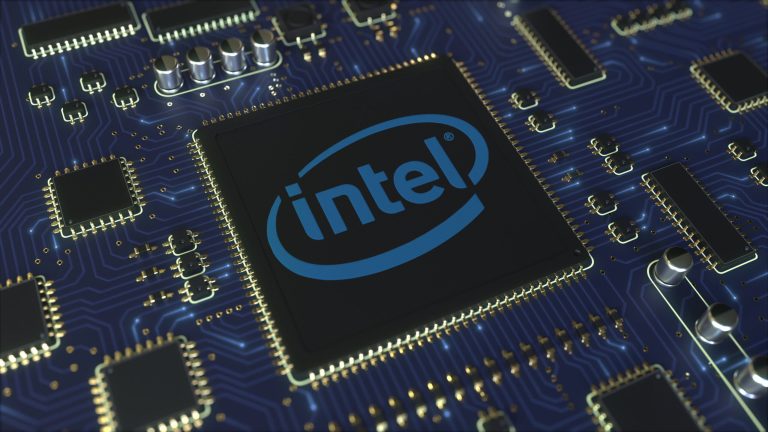Intel has secured a crucial $2 billion lifeline from Japanese investment conglomerate SoftBank, marking a significant intervention that comes at a turning point for the struggling American chip giant.
The transaction, announced on Tuesday, positions SoftBank among Intel’s top ten shareholders and sends ripples through both the technology and financial markets as Intel attempts to regain its leadership in semiconductor manufacturing.
Under the terms of the agreement, SoftBank will acquire $2 billion worth of Intel common stock at $23 per share through a primary equity issuance by Intel.
This price stands marginally below Intel’s closing share price of $23.66 on the day before the announcement.
The deal will give SoftBank just under 2% of Intel’s total share base, reportedly making it the company’s sixth-largest shareholder.
Importantly, the investment remains strictly financial: SoftBank will not request a board seat nor commit to buying Intel’s products.
AI and chips drive SoftBank bet
Intel’s need for outside support comes amid years of declining market position and mounting financial difficulties.
In 2024, Intel reported an annual net loss of $18.8 billion, its first loss since 1986 and continued to bleed market share to rivals like Nvidia, driven largely by the explosive growth in artificial intelligence hardware.
Intel CEO Lip-Bu Tan, who took the helm earlier this year, faces the task of stabilizing the company after a long period of underperformance and leadership flux.
SoftBank’s move aligns with its escalating global bets on AI infrastructure and US semiconductor manufacturing.
The group is already a major player in the sector, holding substantial stakes in ARM, Nvidia, and TSMC.
Furthermore, SoftBank is driving the $500 billion “Stargate” data center project with OpenAI and Oracle, a key US-based AI infrastructure initiative.
The Intel investment thus reflects SoftBank’s dual conviction in AI’s future primacy and the resurgence of US-based chip manufacturing.
How markets reacted?
The market immediately rewarded Intel, with shares rising more than 5% in after-hours trading.
In contrast, SoftBank’s own stock fell by over 5% in Tokyo, highlighting investor caution about the company’s aggressive investment ambitions.
On the policy front, Intel has also been in talks with the Trump administration regarding a much larger potential US government equity stake, possibly worth more than $10 billion, an unprecedented move that would see the federal government take a direct hand in the strategic sector.
This comes amid ongoing CHIPS Act funding commitments, with up to $7.87 billion in federal grants previously announced for Intel’s U.S. factory expansion.
SoftBank’s $2 billion outlay is both a vote of confidence and a calculated risk. For Intel, it provides critical capital to fund its turnaround and AI ambitions while refocusing on core manufacturing.
For SoftBank, it cements a valuable stake in an iconic (if embattled) US chipmaker at what it views as a discount, and fortifies its strategic US presence in anticipation of the AI-driven “fourth industrial revolution”.
While the lifeline is unlikely to solve all of Intel’s problems overnight, it demonstrates a rare moment of alignment among corporate, technological, and geopolitical interests, underscoring the increasingly borderless nature of next-gen chipmaking and AI competition.
The post Why SoftBank is investing $2 billion in Intel amid AI and chip challenges appeared first on Invezz

